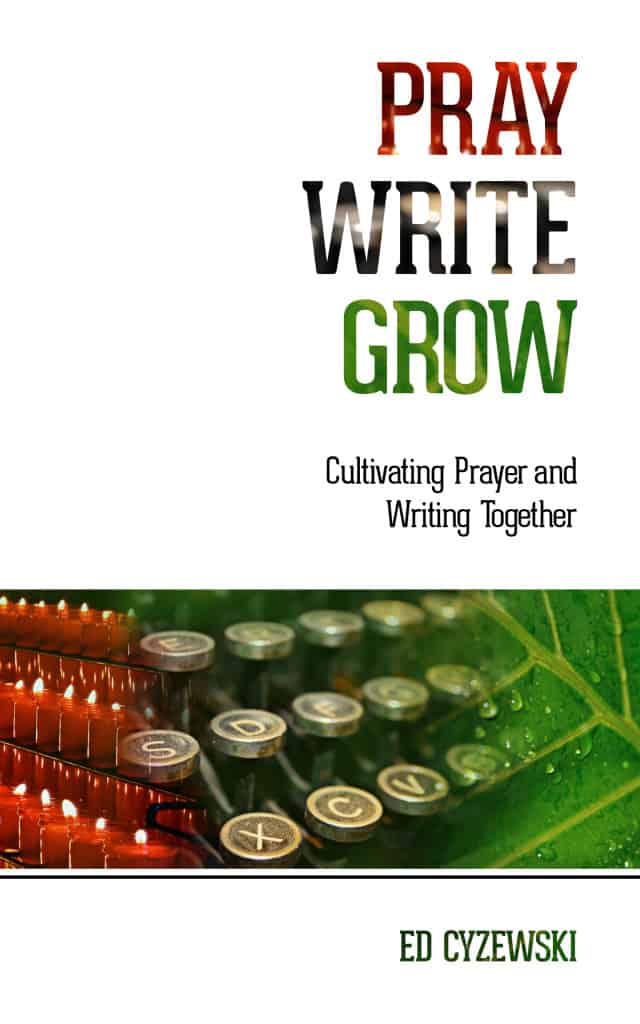
Do This Before You Add One More Thing to Your “Busy” Schedule
July 18, 2015
This post is part 6 of my Summer Series featuring each of the Ten Christian Voices We Can’t Ignore from my e-book, Outside In, which you can get for free by subscribing to my newsletter here. I will be inviting guest posts, adapting parts of my book, and sharing original ideas. I hope you will follow along and consider picking up the book (for free).
Ed Cyzewski is the author of Pray, Write, Grow, Coffeehouse Theology, and A Christian Survival Guide. He writes at www.edcyzewski.com where you can join his newsletter for free eBooks and discounts on upcoming releases.
Ed is also my writing coach who encouraged me to write Outside In. Today, I am honored to have him contribute to the series on the topic of busy-ness. Hope you enjoy!
///
Spiritual director Larry Warner shared in a workshop in 2014 that every addition to our lives requires a subtraction. If you’re trying to add something to your life without subtracting something else, there’s a good chance the stuff that’s already there will win.
Old habits are tenacious and can rob us of any hope that our lives could change or improve.
On the one hand, that sounds like a no-brainer. However, I have seen this struggle of over-commitment over and over again. For instance, not too long ago I noticed in my daily Examen that I was staying up too late, struggling to get up early enough to get my day going, and rarely finding enough time to write and pray. I just needed more resolve to go to bed early, right?
After crashing and burning for a month or two, I realized that while I struggled with resolve and discipline, I often stayed up late because I was doing laundry, dishes, or another household project. Once I’d already stayed up late on these projects, I often wanted to unwind a little, and that’s what killed me. I could stay up an extra hour just because I wanted to relax after doing housework. I also noticed that some nights I may just need to sacrifice some sleep in order to keep up with things around the house.
As a result, I’ve changed two things about my day. For starters, I try to be a little more proactive about chores such as the dishes and laundry during the day. If I can steal a few minutes here and there, I try to remember that every minute saved earlier in the day will pay off in the evening when I need some time to rest. I also try to give myself a bit of a break when I need to stay up late.
It’s not always a failure of my will if I need to go to bed late. Sometimes you can’t add an early bed time if you’d like to keep the laundry from piling up in the basement or the dishes from cascading out of the sink.
While we can all tinker with our commitments and schedules, perhaps the most important thing I’ve recognized in my work as a writer and as a Christian is that I need to prioritize prayer and writing. They both need to be at the top of my daily lists.
If I can only manage to complete four out of six things on my daily to-do list, I prioritize prayer and writing to make sure I get them done first if at all possible. While this isn’t something everyone can or even should do right now, if you feel called to write or you desire to improve your prayer life, you’ll need to make some sacrifices in order to prioritize both. If you start to make room for prayer and writing, you’ll also, hopefully, start to see enough benefits to continue making space for them.
Perhaps we’ll be most motivated to make the necessary sacrifices to change our goals and schedules if we keep some goals or outcomes in mind. For instance, prayer and writing may relieve anxiety, provide direction for our lives, and connect us with like-minded people. Perhaps you can point out people you would like to imitate because they are wise, accomplished, merciful, or kind to others, but you can’t figure out how you could even come close to resembling them.
While we should never get lost in the comparison game since we each have our own callings and talents, our approaches to writing and prayer can help us take meaningful steps out of despair and aimlessness. In fact, writing and prayer in particular can help us tap into our God-given passions that will help us serve others and lead fulfilling lives.
Unfortunately, our lives are often cluttered with so many thoughts, activities, and practices that are either neutral or slightly detrimental without being “bad” for us. Sometimes we have very good things in our lives that have taken up an unhealthy amount of space.
However you want to classify these things that take up so much space, we need to subtract the things that make it difficult to add things that are good for us, like prayer and writing. Skipping this step will only lead to frustration and give yourself the false impression that you’re not good at disciplines like prayer and writing or that you’re “too busy.” Anyone can pray or write, but few make the time for either.
We’ll be able to pray and write more effectively when we learn to create physical space for both, block out time in our schedules so that both become habits, and give ourselves mental space for both to happen naturally. In other words, we don’t have to necessarily try harder in order to improve at prayer or writing. The majority of us are too cluttered, distracted, stressed, and busy to do either well in the first place.
Before we try harder, we have to look at how we spend our time each day. All of the tips and training in the world related to prayer and writing won’t help us if we’re not committed to making room for them in our daily schedules.
And since we mentioned Larry Warner at the start of this post, I should add that he also suggests that we use the word “full” rather than “busy” to discuss our day-to-day schedules.
The word “busy” can carry a connotation of self-importance and even uncontrollable chaos.
More to our purposes here, the idea of being busy could lead to despair, while the idea of being full presents a ready solution. We don’t know how to “un-busy” ourselves, but we can imagine how to “un-fill” ourselves. Those who are too “full” need to dump out the non-essentials in order to create more space to add prayer and writing.
This post was adapted from Pray, Write, Grow: Cultivating Prayer and Writing Together.
///
Read previous posts from Outside In Summer Series:
Five Reasons Christians Should Do Comedy
Ten Reasons People with Disabilities Shouldn’t Go To Church
Procrastinating Until Marriage


